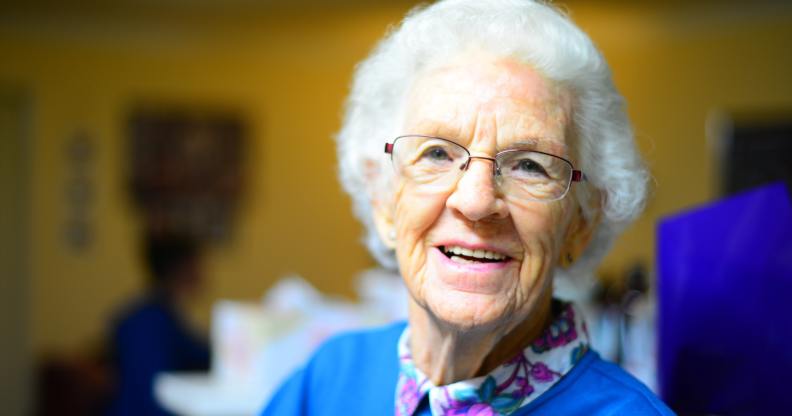Older LGBT+ people ‘more likely to drink, smoke and use drugs’

Coronavirus poses an increased risk to LGBT+ people, and older LGBT+ people are particularly vulnerable (Pexels)
Queer Britons over the age of 50 are often in poorer physical and mental health than their straight peers, new research has found.
The report from the International Longevity Centre suggested that remaining closeted in earlier life may have had an adverse effect on older LGBT+ people.
“For example, some people may have hidden their LGBT identity—from a health perspective, this could have led them to hide aspects of their own health for fear of ‘outing’ themselves,” wrote Brian Beach, the report’s author.
“For others, it could have fostered a reluctance to engage with health services for fear of discriminatory attitudes by health care providers.”
“Some might have hidden aspects of their own health for fear of ‘outing’ themselves.”
Older LGBT people were found more likely to use drugs, smoke and drink regularly, and are often less happy with life.
Some reported difficulties in accessing appropriate healthcare, a problem often encountered by transgender women in particular.
Over 50s face mental health issues
Mental health issues were found to be especially prevalent among “transgender and bisexual women and those living in rural areas,” while older gay and bisexual men were found to have been “greatly impacted by the HIV epidemic due to the loss of friends and partners.”
Some of those living with HIV reported fears about being the first generation to age while taking anti-retroviral drugs.
“There is the idea that people from disadvantaged, marginalised backgrounds experience longer-term stress,” Beach told the Thomson Reuters Foundation.
On social and end of life care, the review found that staff often ignore or misread same-sex relationships, with older people “less able to avoid homophobia and transphobia in care settings.”
According to a Stonewall report published in 2015, “a significant proportion of older gay people are likely to live alone, have limited family support and rely on formal services for help in the future.”
The ILC analysed data from 24 existing studies to form their report, which does not establish cause and effect.

